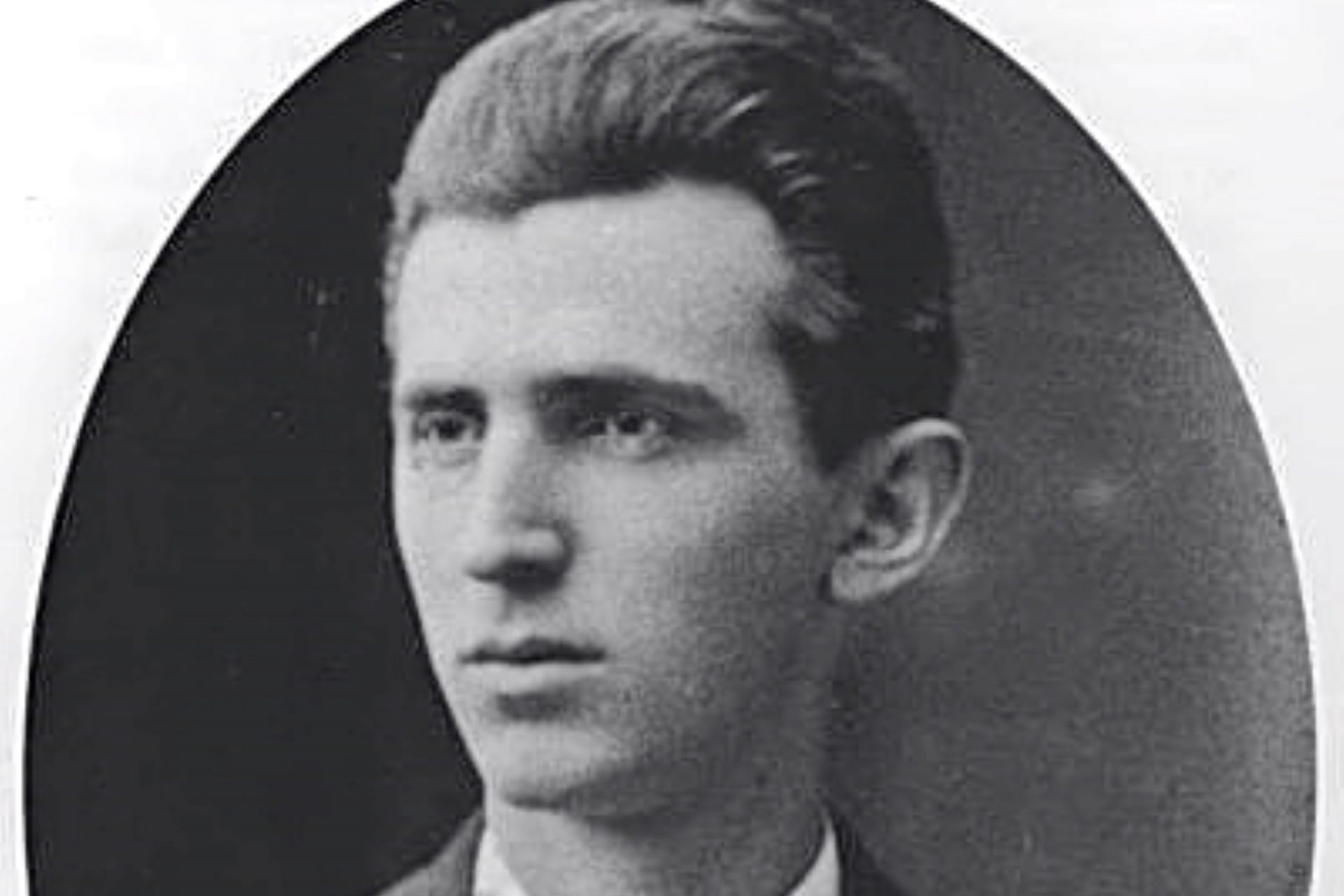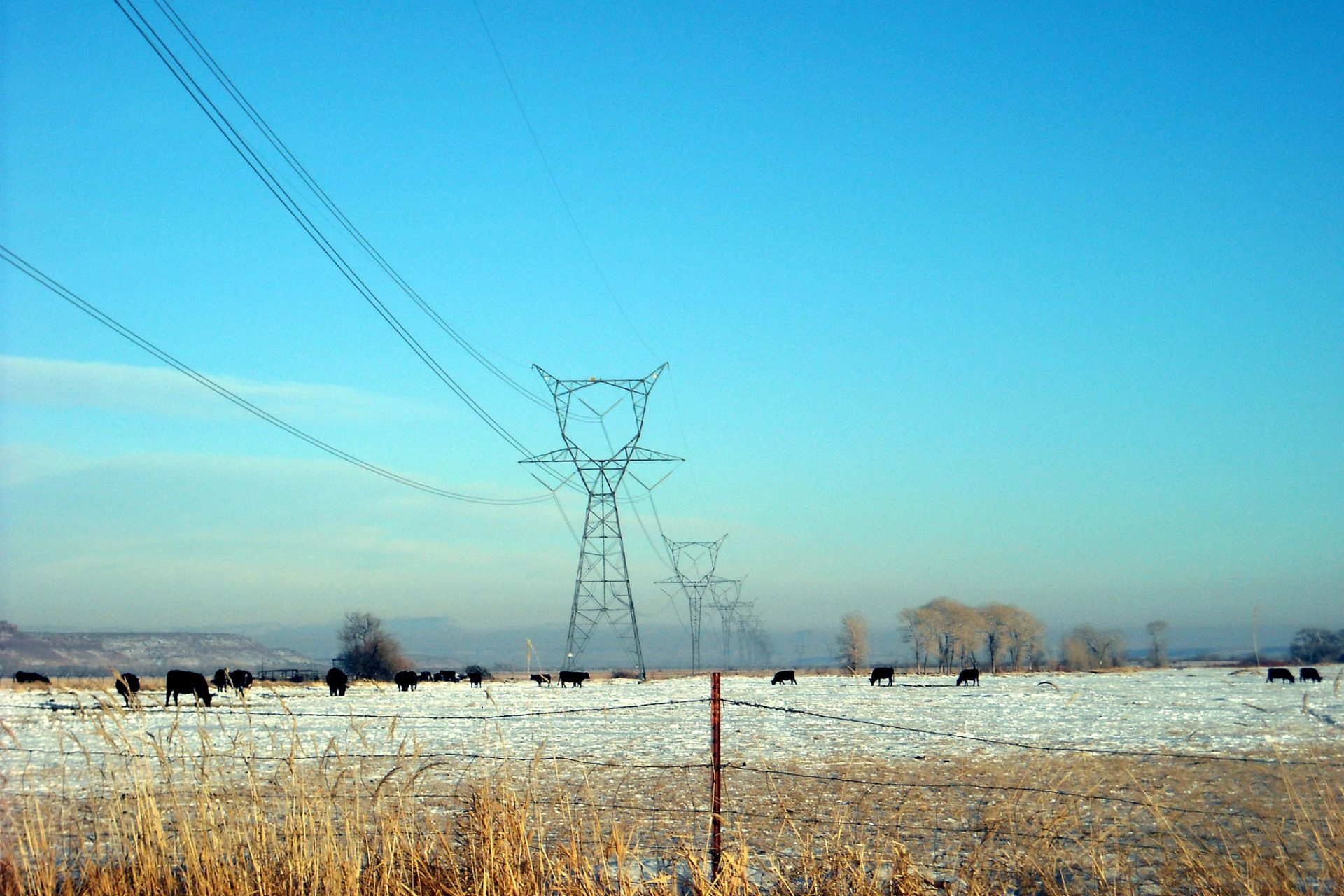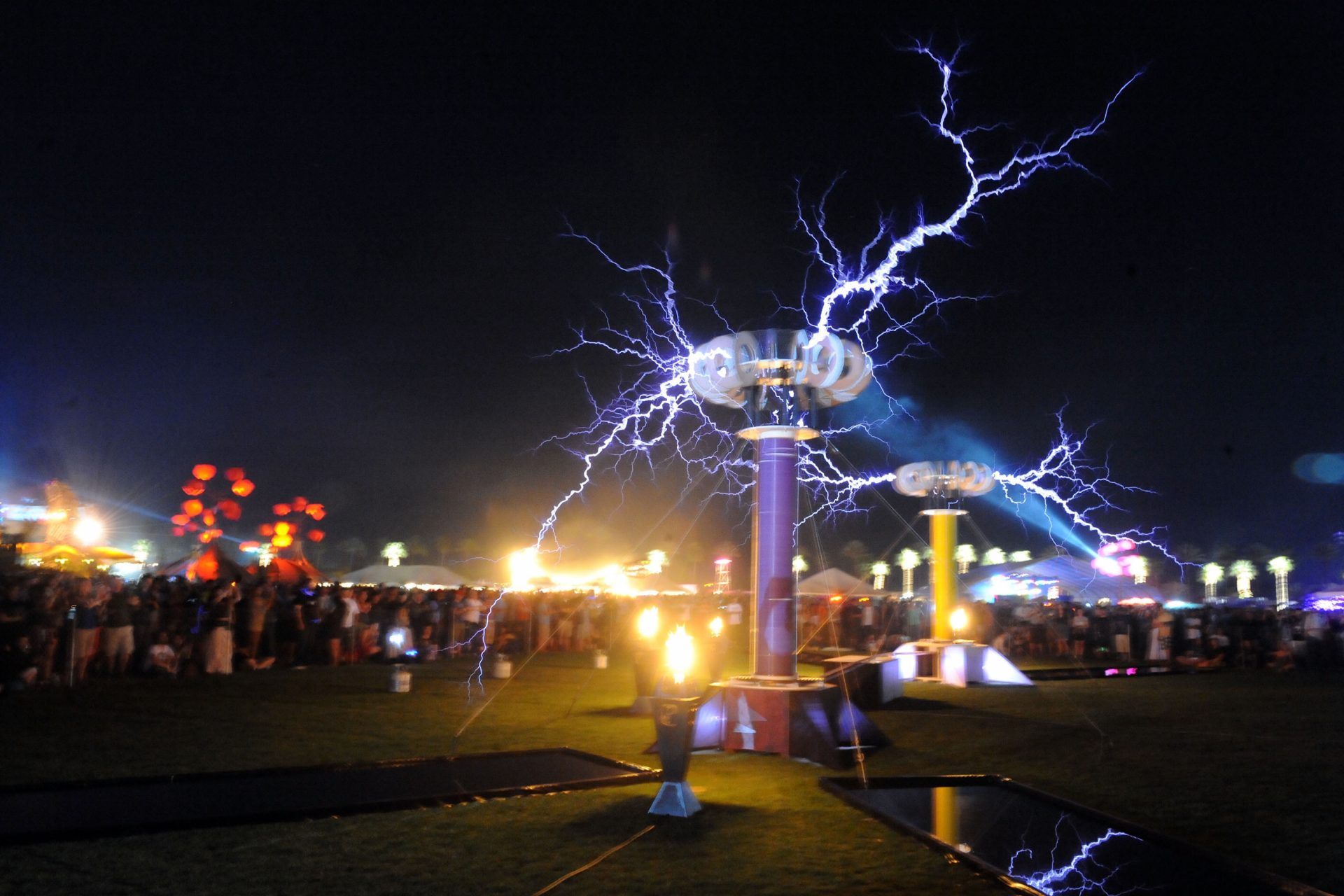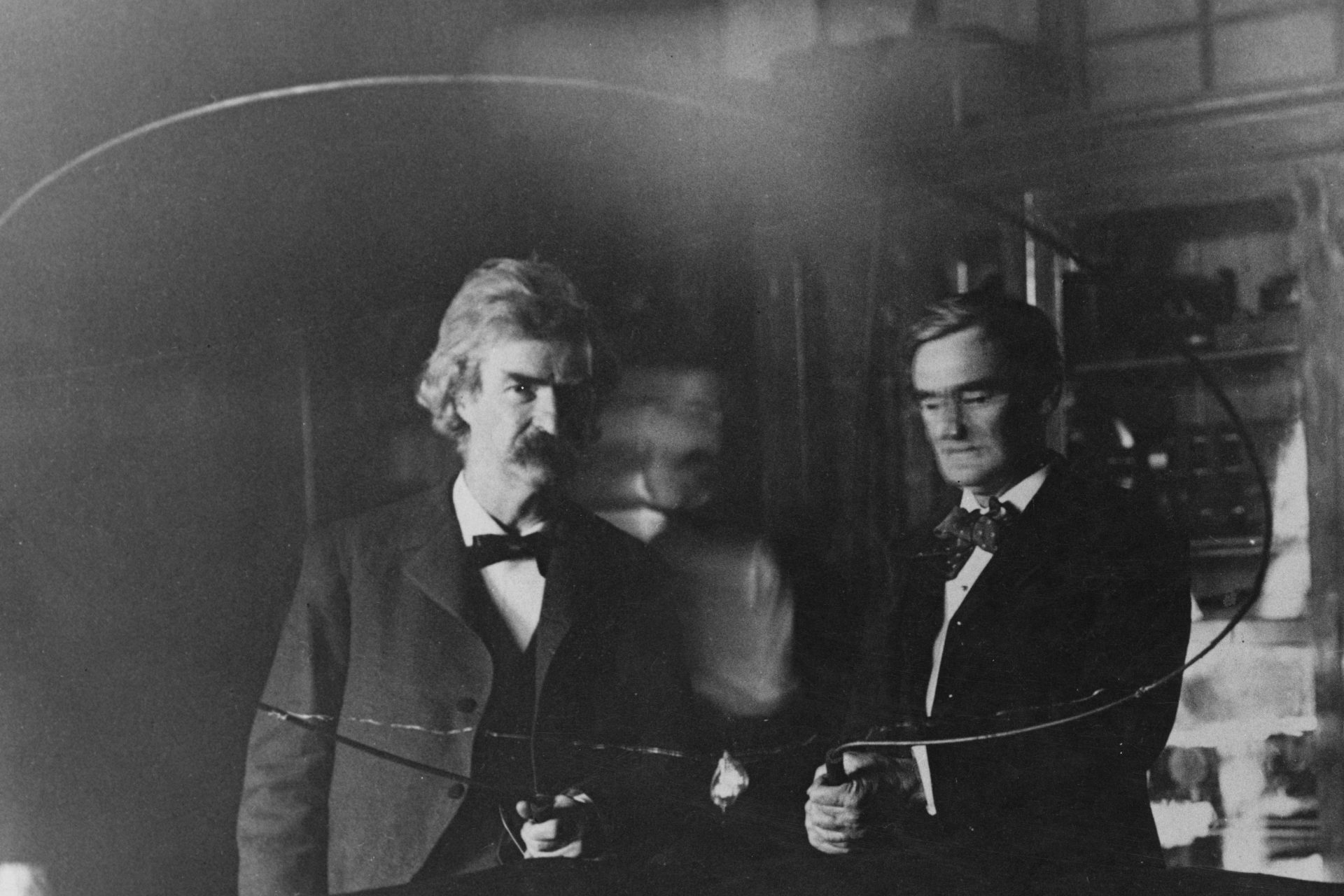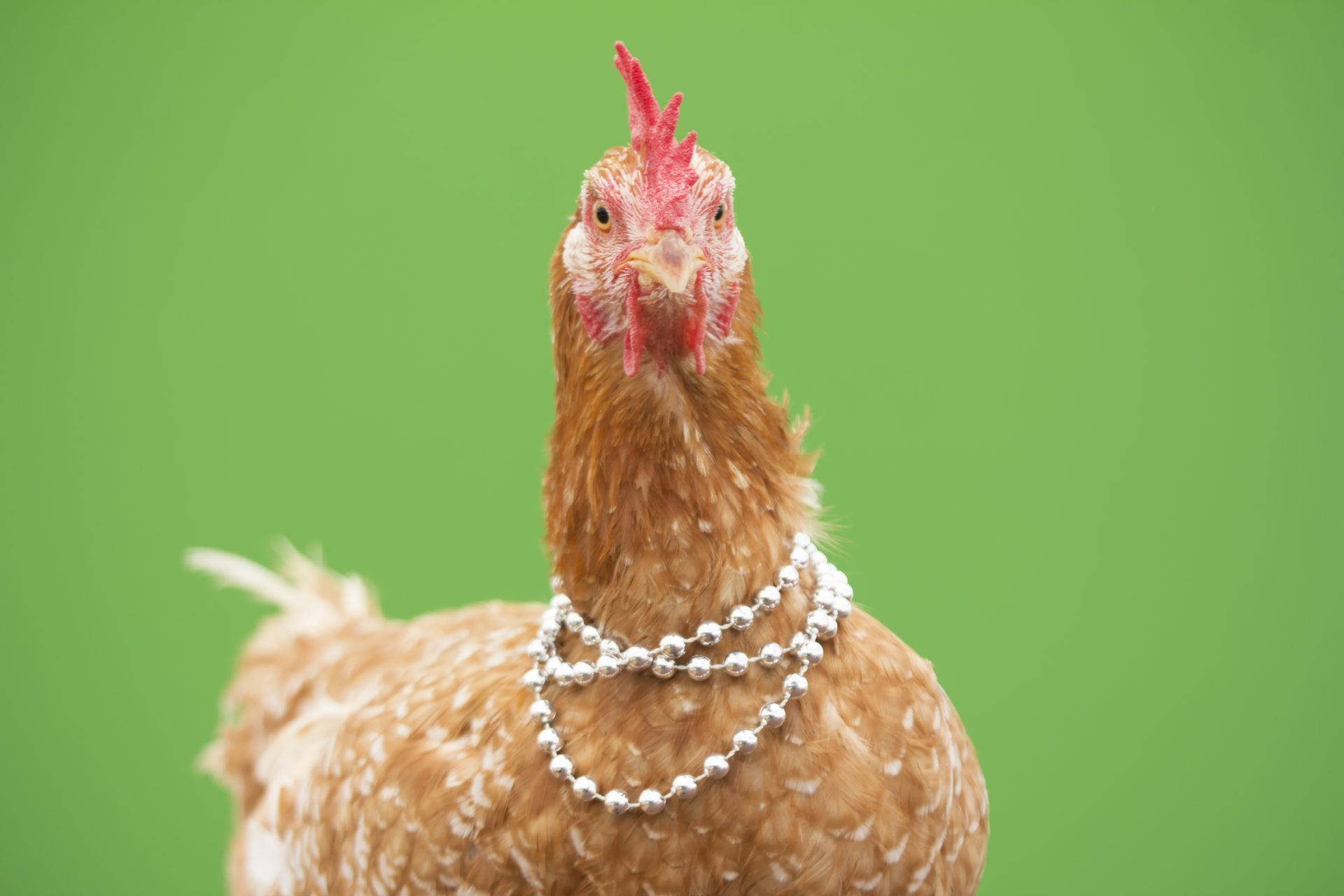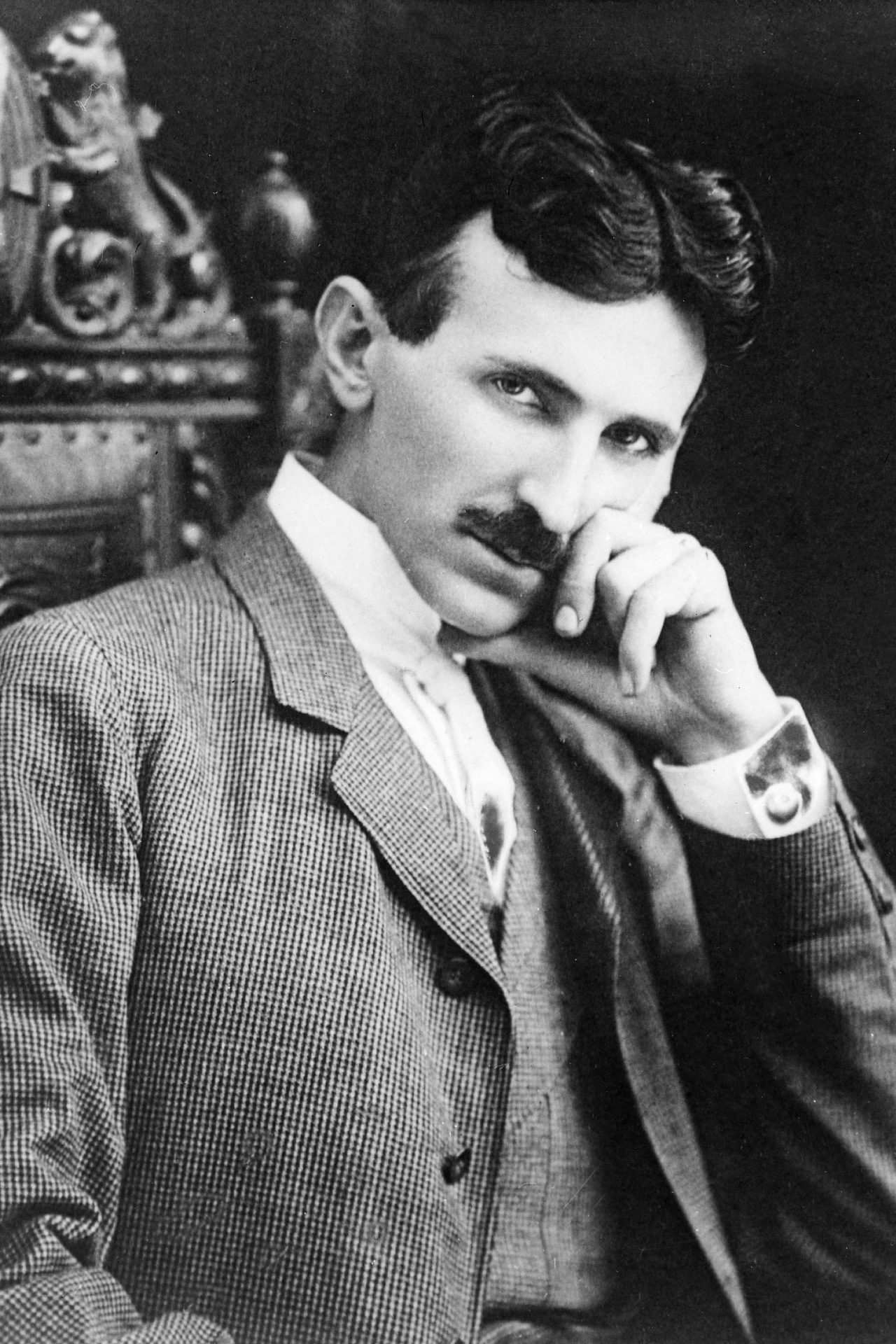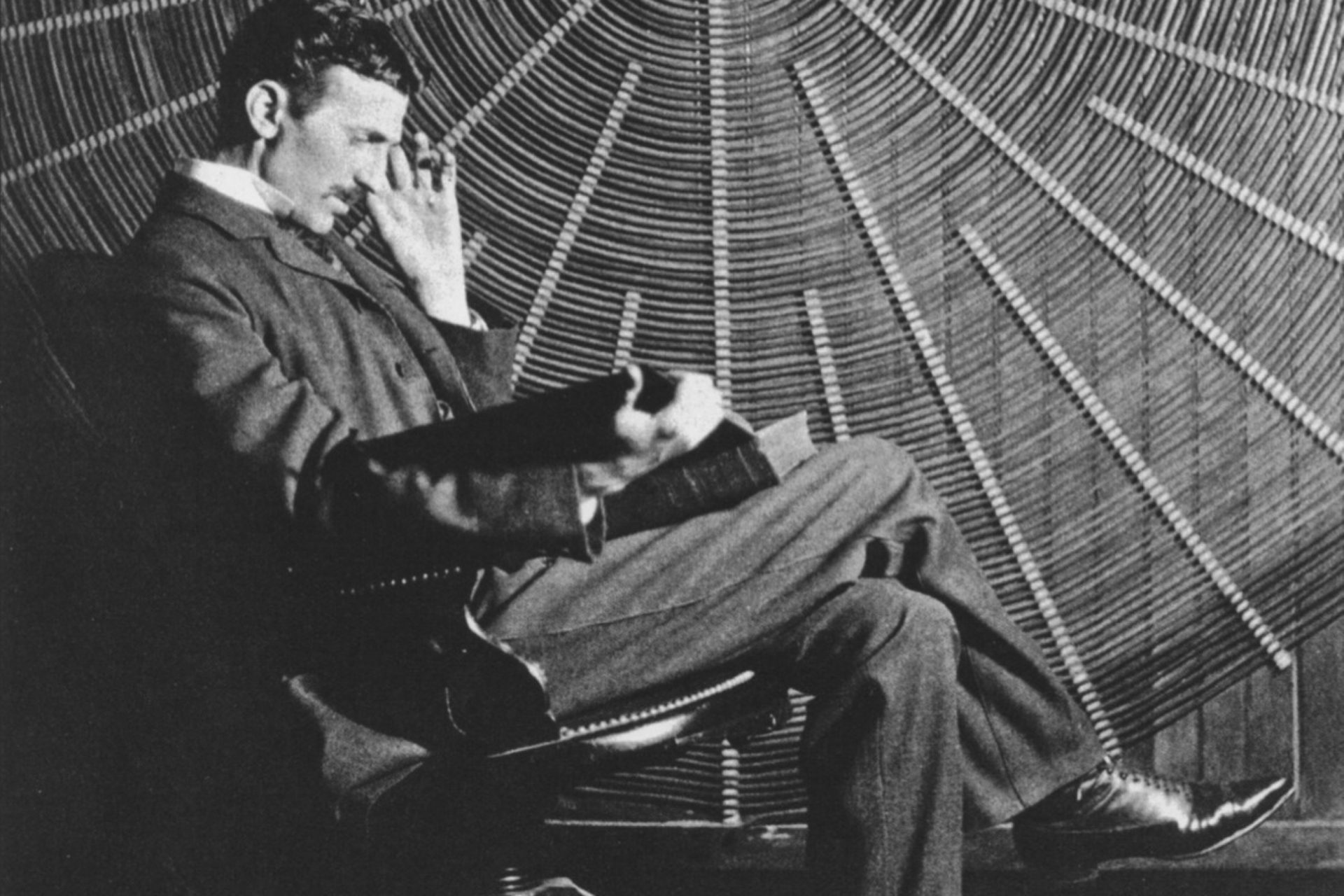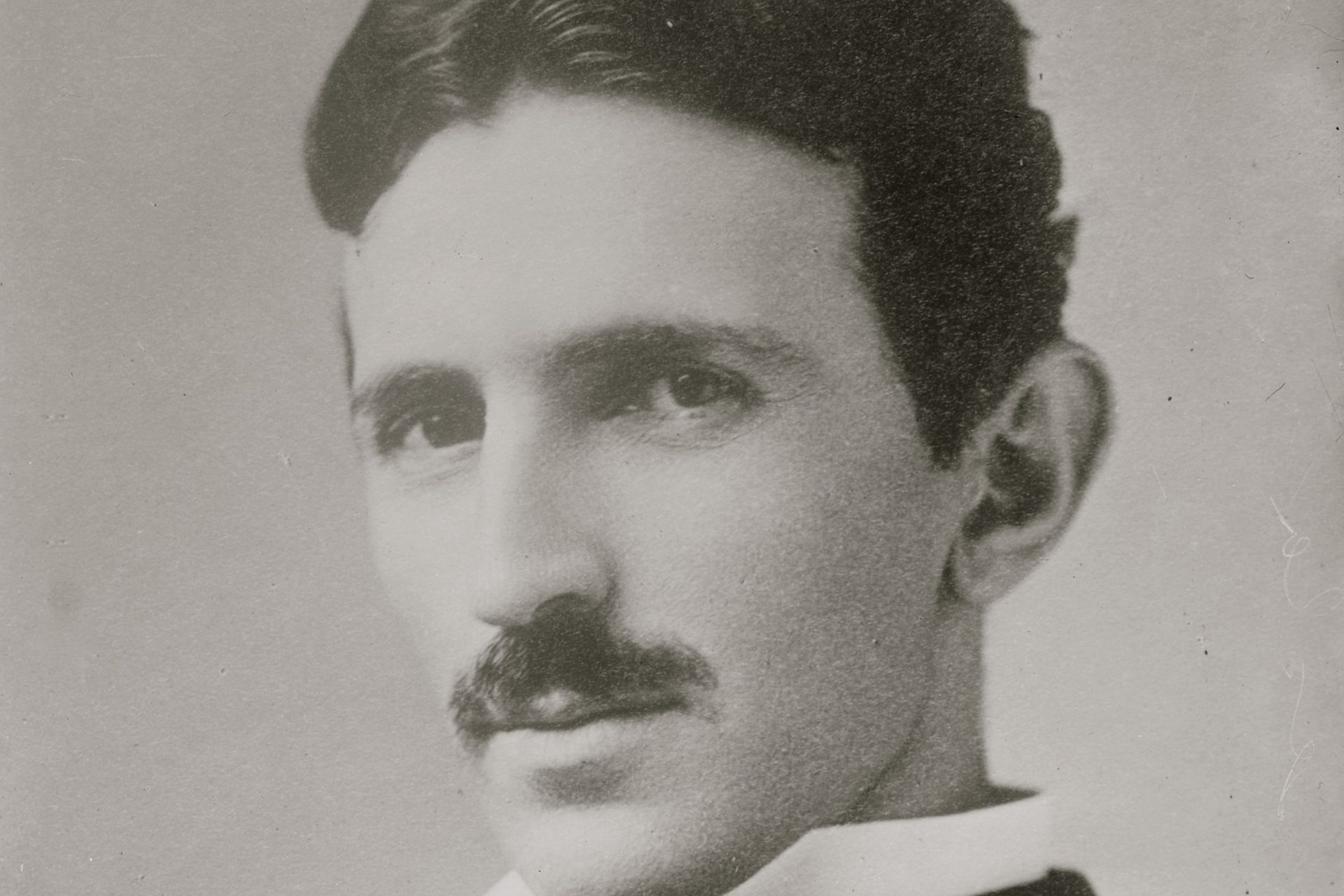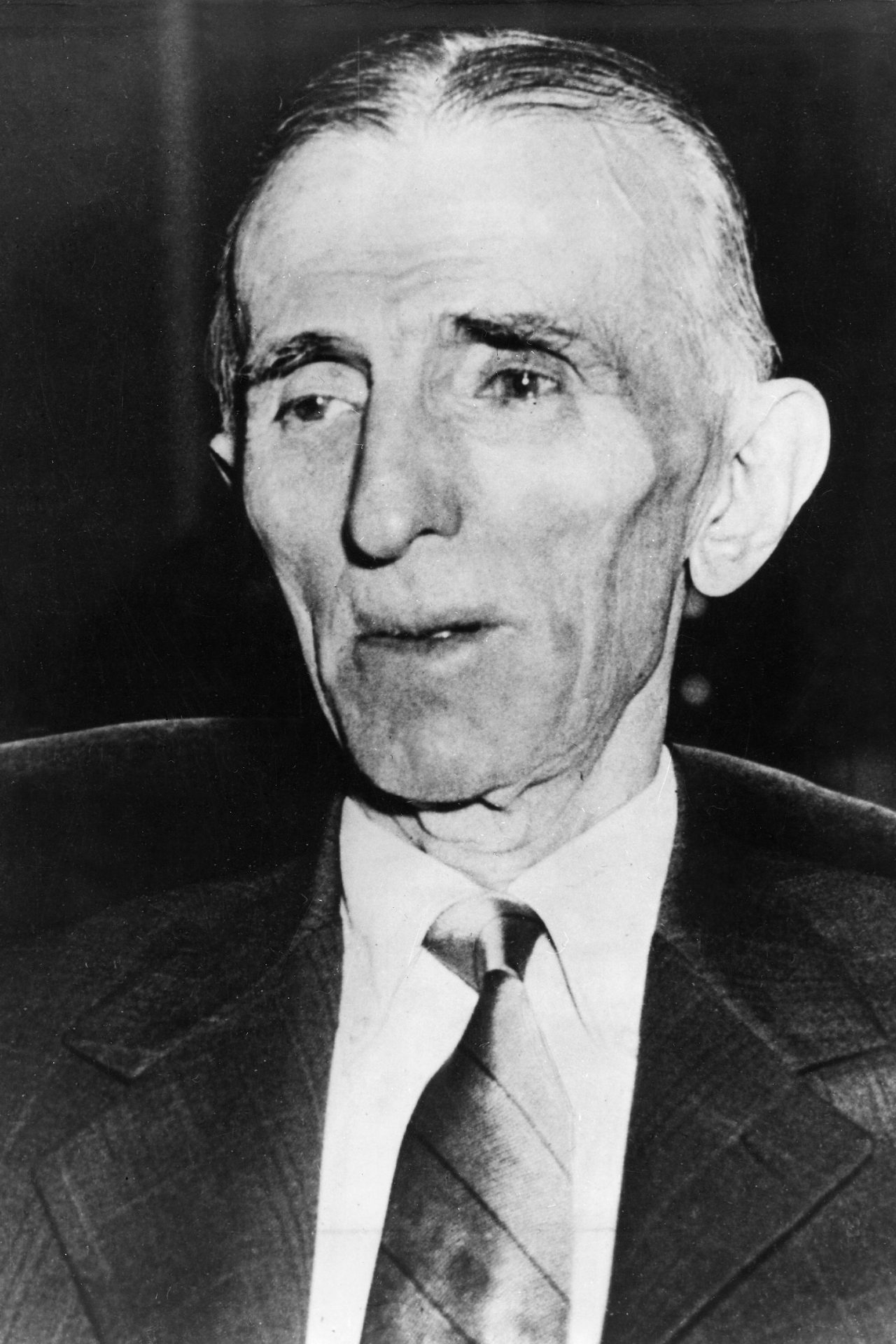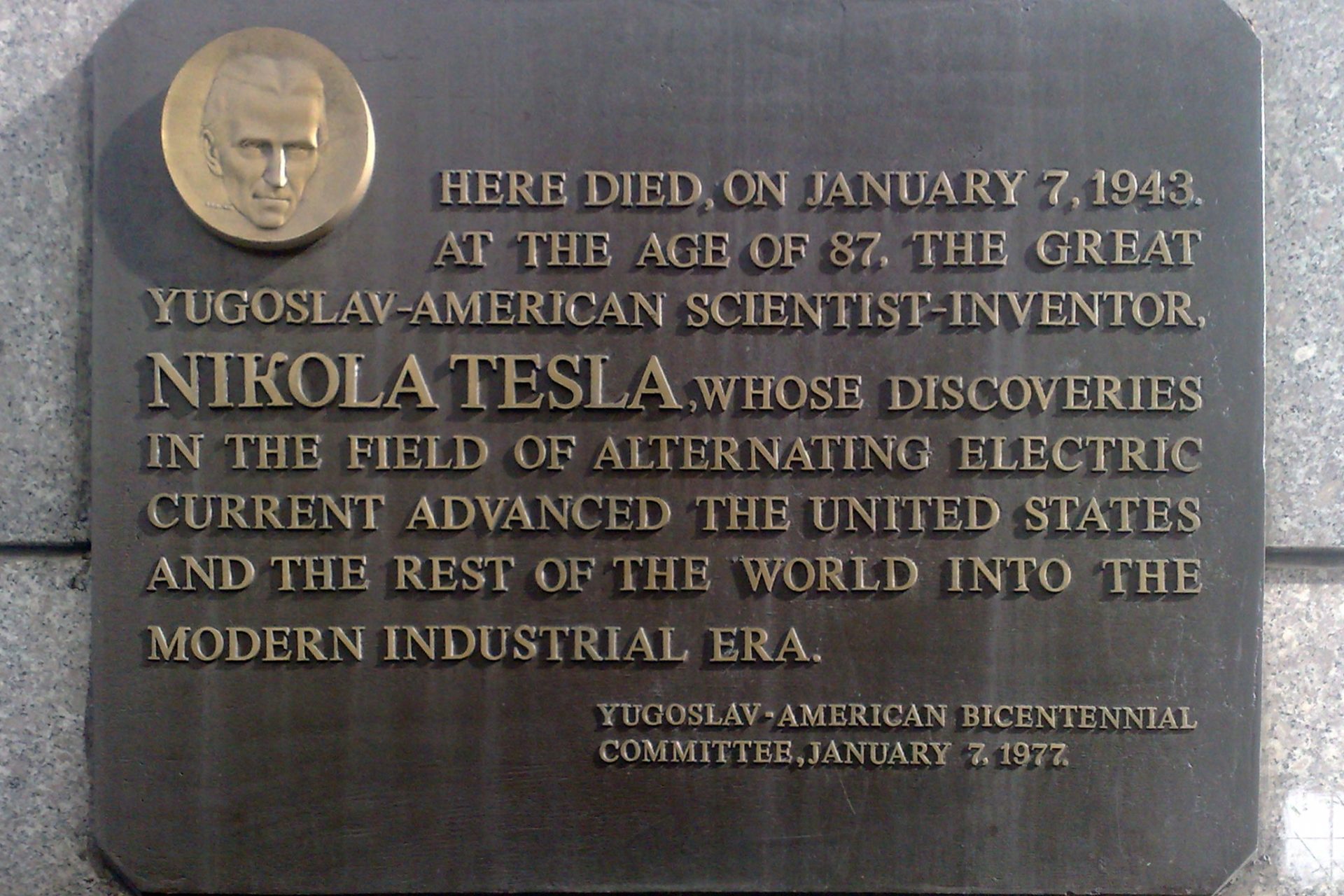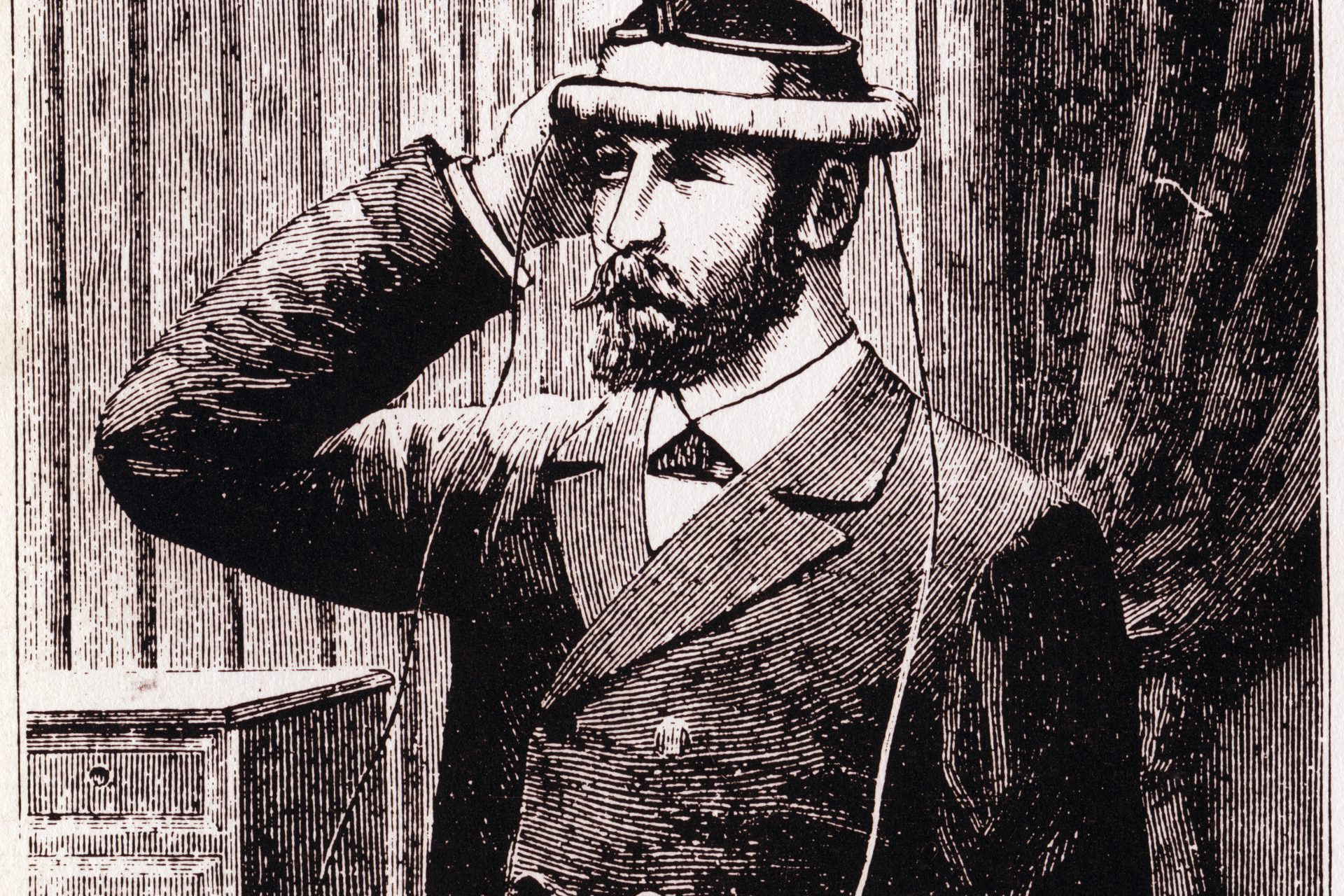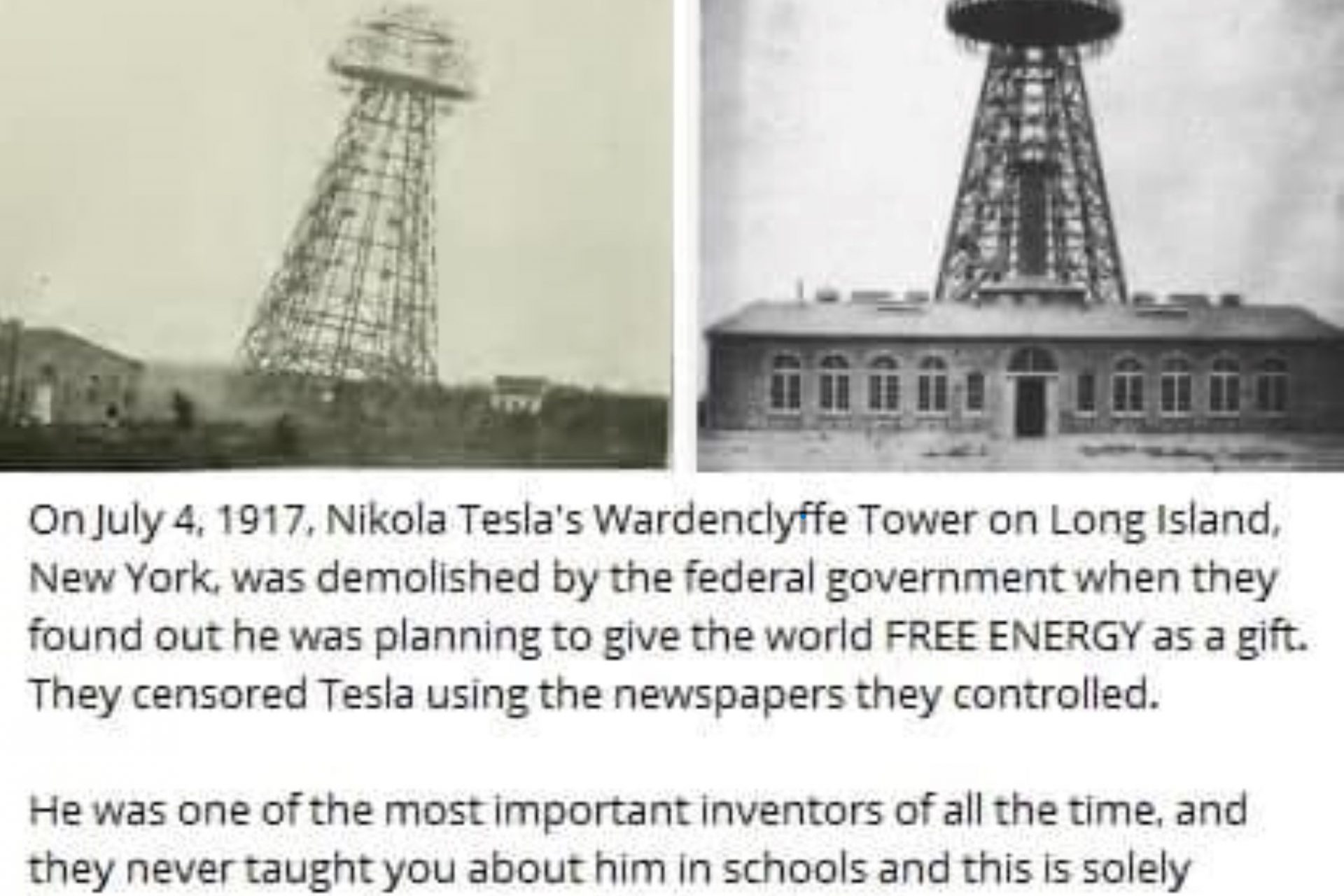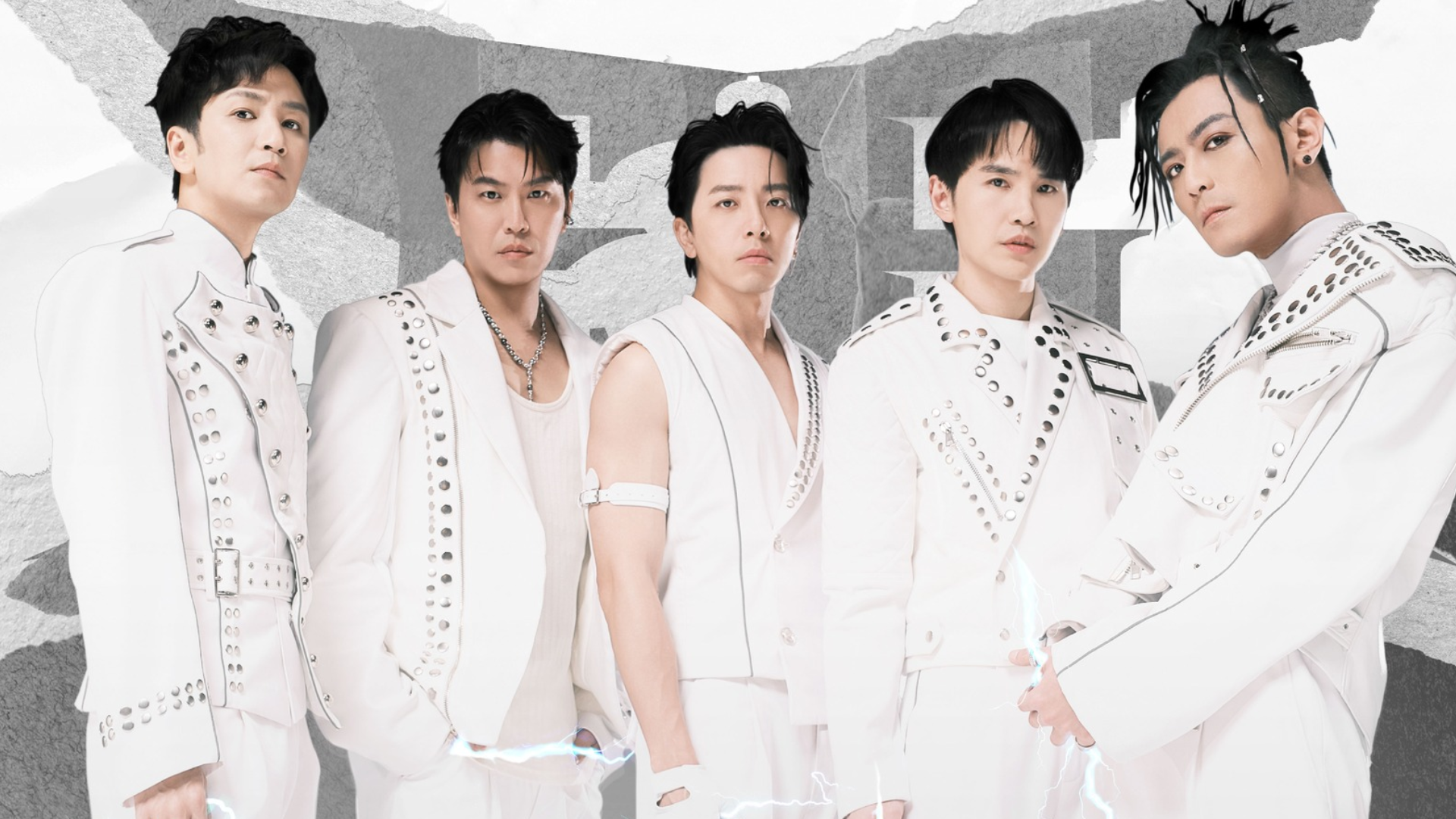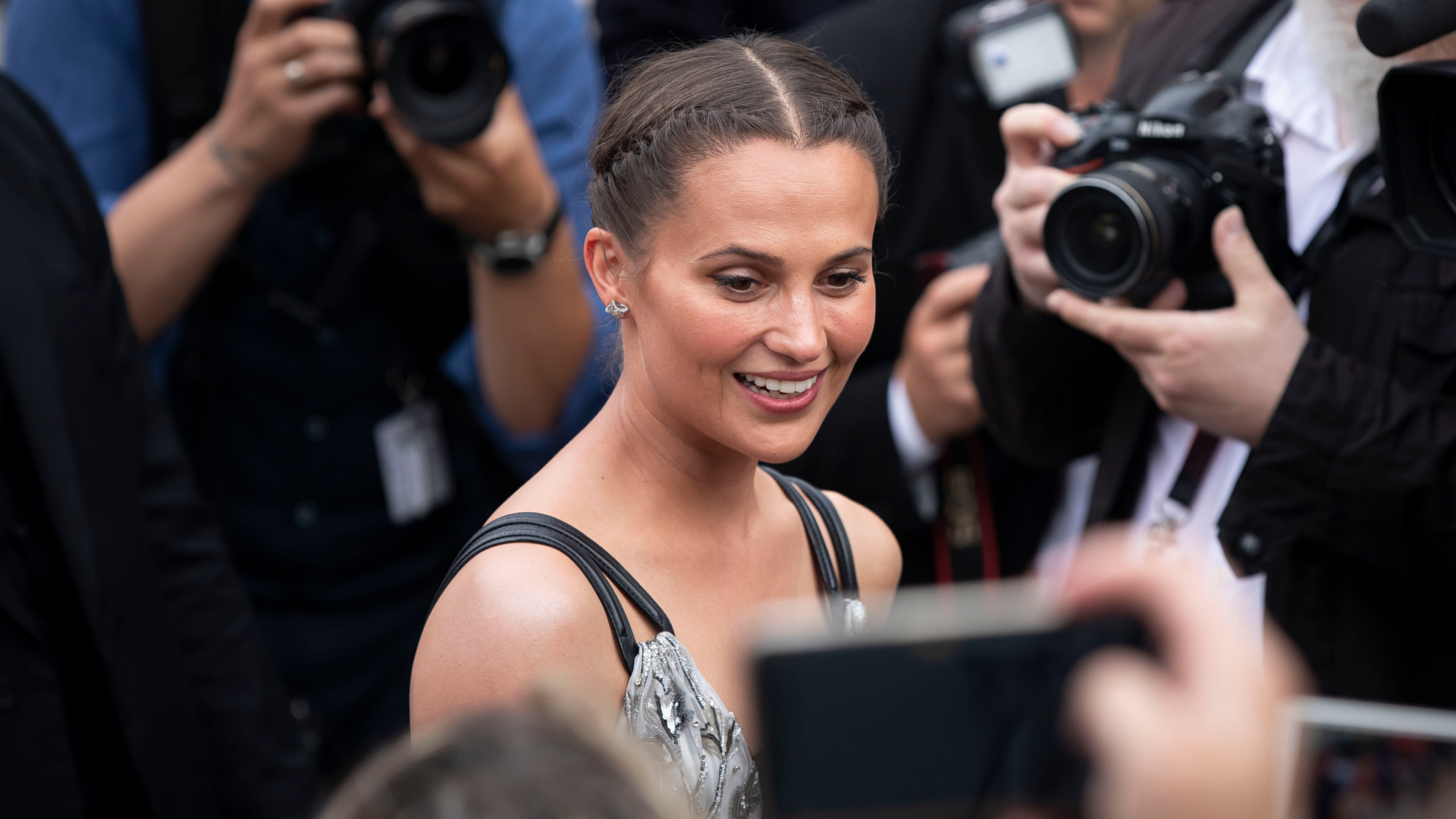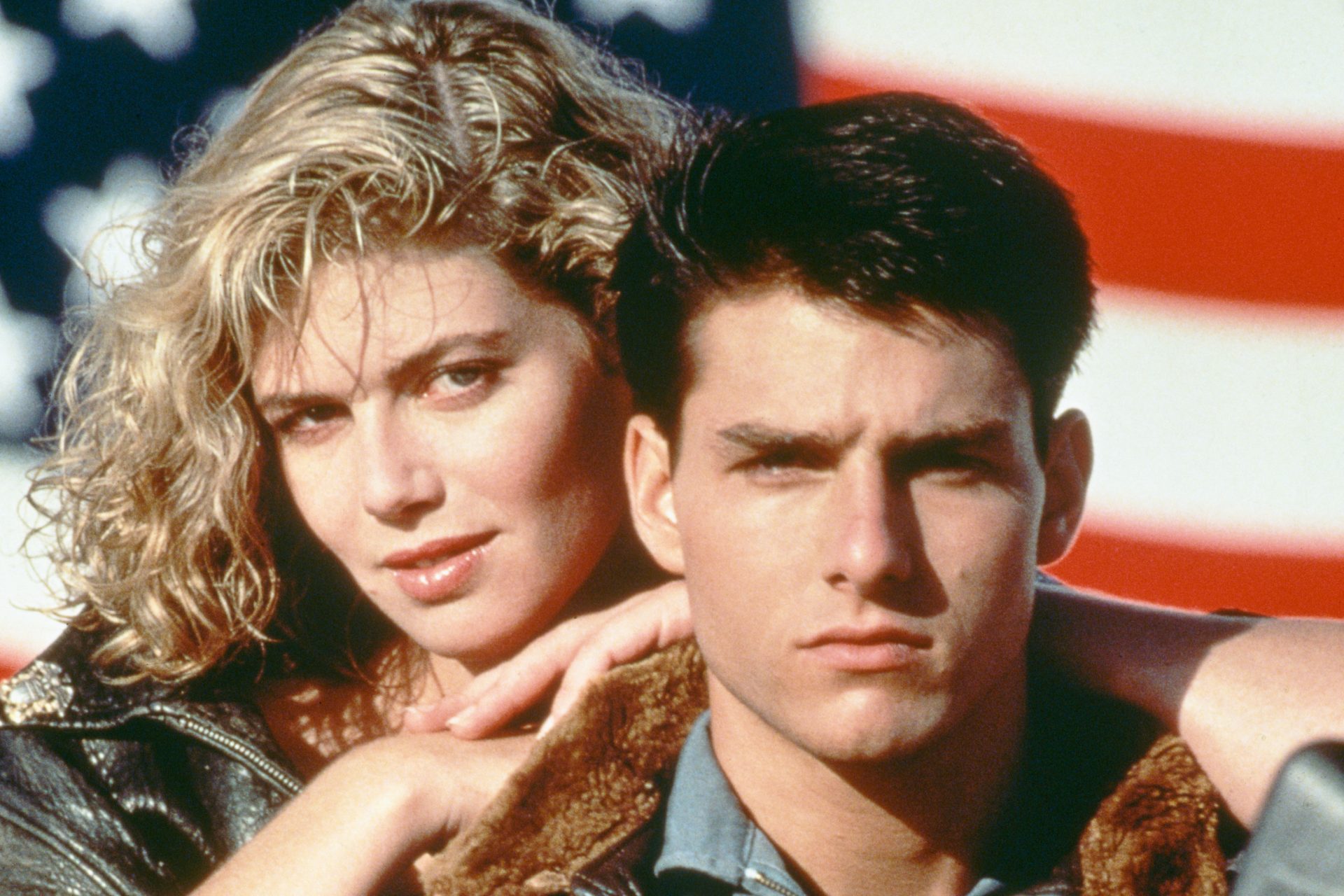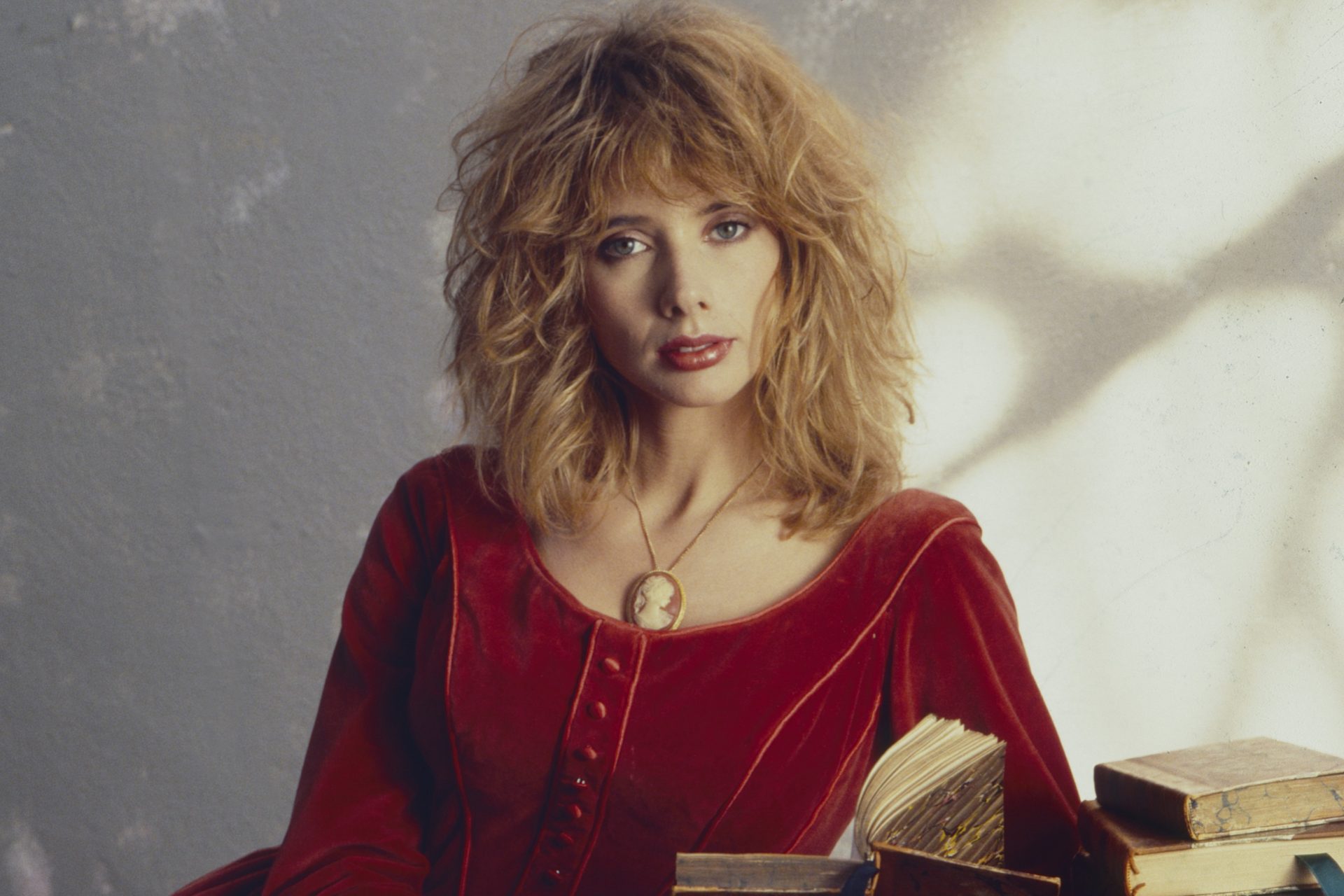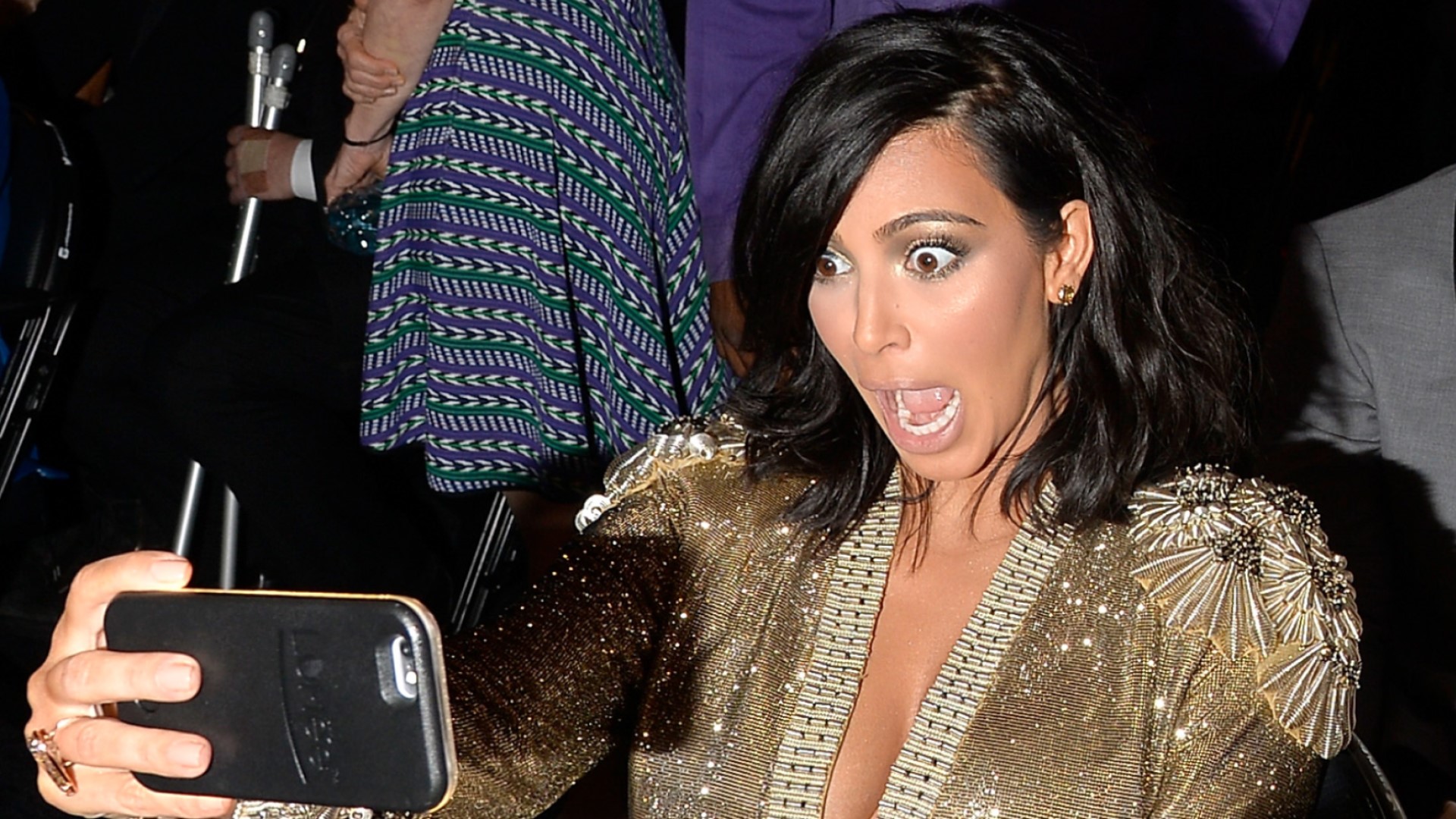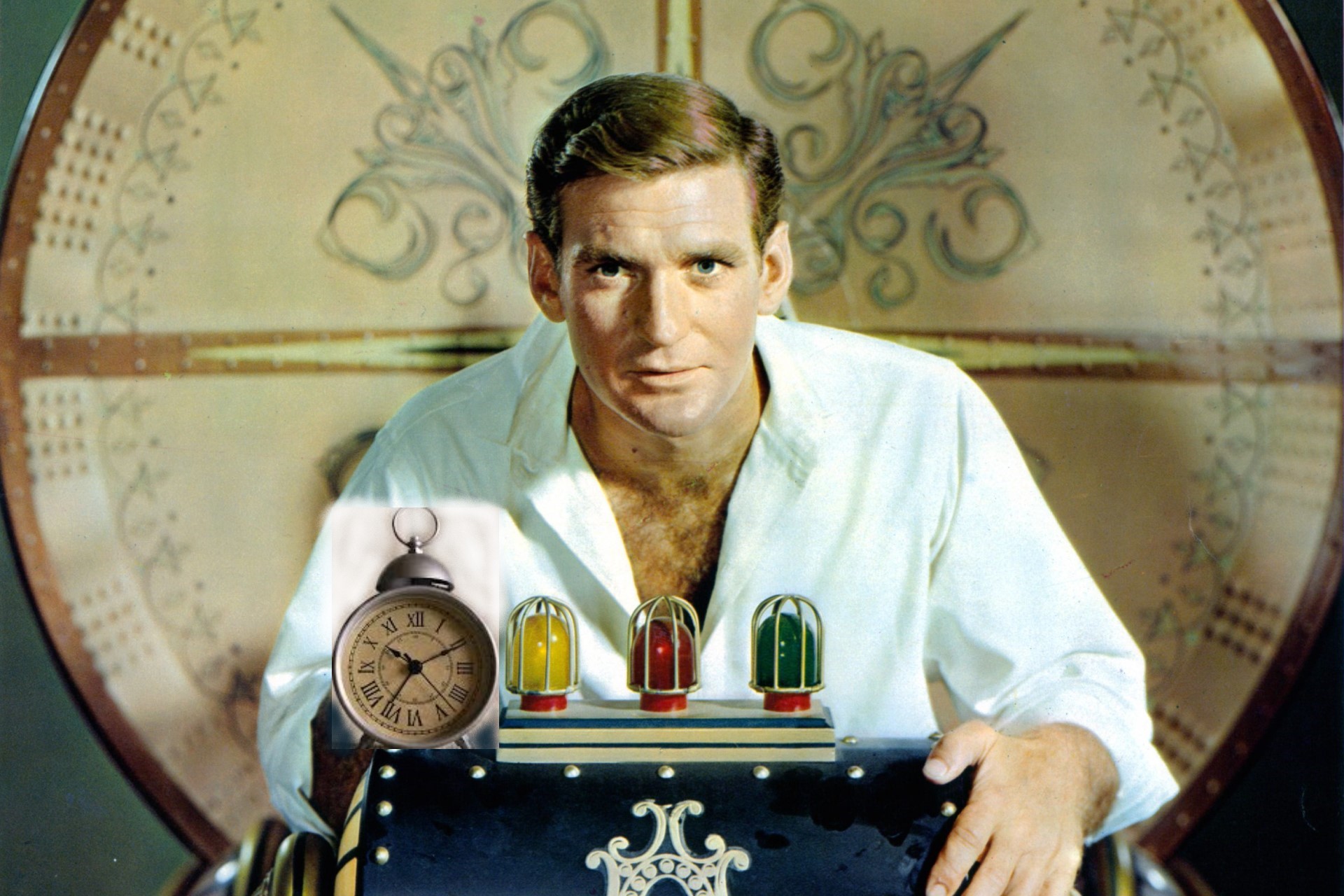17 shocking facts about inventor Nikola Tesla
Prolific inventor Nikola Tesla was born on July 10, 1856, during a fierce lightning storm in modern-day Croatia. The midwife deemed it a bad omen, predicting that he would be a "child of darkness," but his mother retorted, "No, he will be a child of light,” according to PBS.
Tesla had an eidetic memory, also known as a photographic memory. This allowed him to memorize books, images, and even recall entire events down to minute detail. According to PBS, his ability to perform integral calculus in his head made some teachers think he was cheating. He also learned how to speak eight languages!
Image: Nikola Tesla – Serbian-American inventor, 1879, Tesla Universe, Wikimedia
Despite Thomas Edison's efforts to promote direct current (DC), Tesla's design for the alternating current (AC) system prevailed in the end and is still the dominant system for electric power transmission today. Early in his career, Tesla worked for Edison but quit to pursue his own project, according to PBS. The two men had a famous rivalry.
Image: High voltage transmission lines in Duchesne County, Utah, which use alternating currents to distribute power over long distances between electric generation plants and consumers/ Staplegunther (talk)David Jolley/ Wikimedia
In 1891, Nikola Tesla invented the Tesla Coil, a type of resonant transformer circuit used to generate high-voltage, low-current, high-frequency alternating-current electricity. Its applications include radio and television sets, and it's often used in science demonstrations. He used them to conduct experiments in areas like lightning and wireless energy transmission.
Pictured: Tesla in his laboratory experimenting with the "Magnifying transmitter" - 1899
W. Bernard Carlson, author of ‘Tesla: Inventor of the Electrical Age,’ claimed that Tesla was the first scientist to conceptualize the information revolution as we know it today. While he envisioned broadcasting information like telegram messages and stock quotes to a hand-held device, he was never able to develop it.
While a 79-year-old Tesla claimed he had invented a machine that caused an earthquake in New York, that isn’t exactly true, according to biographers. However, his “earthquake machine” did produce vibrations that could be felt far away. What is true is that he told Mark Twain to stand on it one time, hoping it would help his bowel issues. The device first helped but quickly had a laxative effect, causing the writer to run to the bathroom, according to Big Think.
Pictured: Mark Twain (left) in Tesla's lab to watch experiments
Tesla had many quirky characteristics, including a love of the number three and extreme hygiene habits, but the strangest may be his intense fear and dislike of pearls. According to biographer Carlson, he even refused to speak to women wearing them.
Carlson describes Tesla as a “dapper dresser,” with a very particular sense of style. He wore white gloves to dinner every night and believed in the importance of dressing sharp. Tesla also tried to ensure that in every picture, his “good side” was captured.
Tesla never engaged in a public relationship and never married. He once said chastity enhanced his scientific abilities, but later in his life, he told reporters that never marrying may have been “too great a sacrifice.” While he was sometimes reclusive, he did enjoy a robust social life, with many people speaking highly of his cultured and gentlemanly characteristics.
Image: Tesla, May 1896, Originally published in "Tesla's Important Advances" in Electrical Review, May 20, 1896, p. 263. Credited in caption to Tonnelé and Co., via Wikimedia
Tesla has around 300 patents worldwide. Among his favorites was his 100th patent: the Tesla turbine. The Tesla turbine is interesting because it's a unique and efficient device that operates without traditional blades, using smooth disks to harness fluid dynamics for various applications, such as power generation and propulsion. However, it never really made its way into commercial applications.
Tesla claimed to have invented a powerful particle beam weapon that would end all wars, in the later years of his life. He offered it to various military departments, but there's no evidence it was ever built. In 1984, the plans for it surfaced at the Nikola Tesla Museum in Belgrade.
Tesla, like many scientists of his day, was critical of Albert Einstein's groundbreaking theory of relativity. In 1935, he called it "a beggar wrapped in purple whom ignorant people take for a king," and claimed to have measured cosmic rays moving fifty times faster than the speed of light.
From 1900, he lived in the Waldorf Astoria in New York. In 1922, he moved to the St. Regis, and then began switching hotels, often leaving unpaid bills behind. Every day, he went to the park to feed pigeons but when his health declined he began feeding them through his window — causing his eviction from the St. Regis. He once said he loved one pigeon “as a man loves a woman.”
When Tesla died in 1943, age 86, in the midst of WWII, the FBI seized Tesla’s belongings to ensure there was nothing important that would fall into enemy hands. The MIT professor who analyzed his belongings concluded: “His [Tesla's] thoughts and efforts during at least the past 15 years were primarily of a speculative, philosophical, and somewhat promotional character often concerned with the production and wireless transmission of power; but did not include new, sound, workable principles or methods for realizing such results."
Image: By Aspersions, 2009, via Wikimedia
Neither Tesla nor Edison, some of the greatest inventors of their time, ever won a Nobel Prize. The Nobel committee once publicly denied it was because they declined an award. Biographers suggested that maybe they never won because of their animosity toward one another, as they may have been nominated together for their AC/DC work.
According to the book ‘Conspiracies Declassified’ by Brian Dunning, conspiracy theorists wrongly attribute many inventions to Tesla, which they insist were suppressed by the government and big corporations. One of the main ones is that he invented “free energy,” which the deputy director of the Nikola Tesla Museum in Belgrade said was an expression that Tesla never used.
For instance, many online say Tesla built the Wardenclyffe tower on Long Island, New York to distribute free electricity to the world. But Professor Iwan Morus told AAP Factcheck that the tower was built to “transmit energy” through the earth, but “not generate it.” The tower was eventually destroyed, but that was to help pay off Tesla’s debts, including massive hotel bills, not to crush the dream of free energy.
Image: Nikola Tesla facts and quotes group/ Facebook


